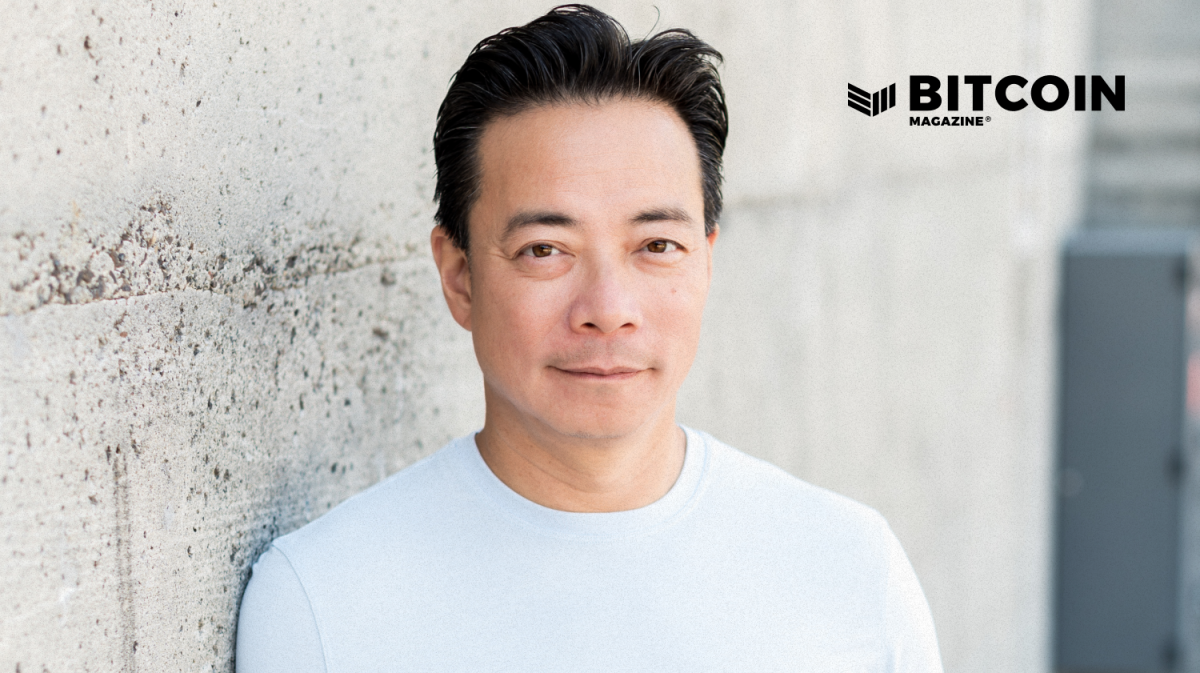The conviction, handed down by the Seoul Southern District Court in late October and confirmed by court officials on Wednesday, stems from charges that the onetime National Assembly member concealed nearly 10 billion won (approximately $6.8 million) in digital currency assets during 2021 and 2022. Prosecutors argued that he manipulated financial declarations by converting some of his virtual holdings into traditional bank deposits, enabling him to report only a fraction of his true wealth. The remainder of his crypto investments, according to the prosecution, remained off the books to obstruct a property review by the National Assembly’s ethics committee.
The lawmaker’s name, widely reported in local media as Kim Nam-guk, had previously been known for his involvement in the Democratic Party, one of South Korea’s two major political groups. Observers say the case has caused embarrassment for the party and placed a spotlight on the importance of improving regulatory oversight in an emerging digital economy that has captured the public’s attention and investment capital.
Former Rep. Kim Nam-guk sentenced to 6 months in prison for ‘suspicion of hiding 10 billion won worth of coins, Source: X
South Korea Grapples With CryptoSouth Korea has been grappling with how to effectively regulate digital assets as they gain traction among tech-savvy consumers. Virtual currencies have attracted both legitimate investors and illicit actors seeking to profit in loosely regulated environments. In recent years, lawmakers have introduced measures to enhance oversight and transparency, while government agencies have worked to refine proposals for a long-anticipated cryptocurrency tax.
The fallout from this incident arrives amid ongoing political struggles in South Korea over implementing a cryptocurrency tax. Initially planned for introduction in January 2025, the measure was recently postponed until 2027 amid fierce debate and political maneuvering. Advocates of stricter controls say that high-profile scandals, such as the one involving Kim, highlight why effective regulations cannot be delayed indefinitely.
While the former lawmaker’s defense team declined to comment publicly on the court’s decision, legal experts suggest that the ruling could serve as a precedent, signaling that violations involving digital asset disclosure will be met with firm penalties.


















